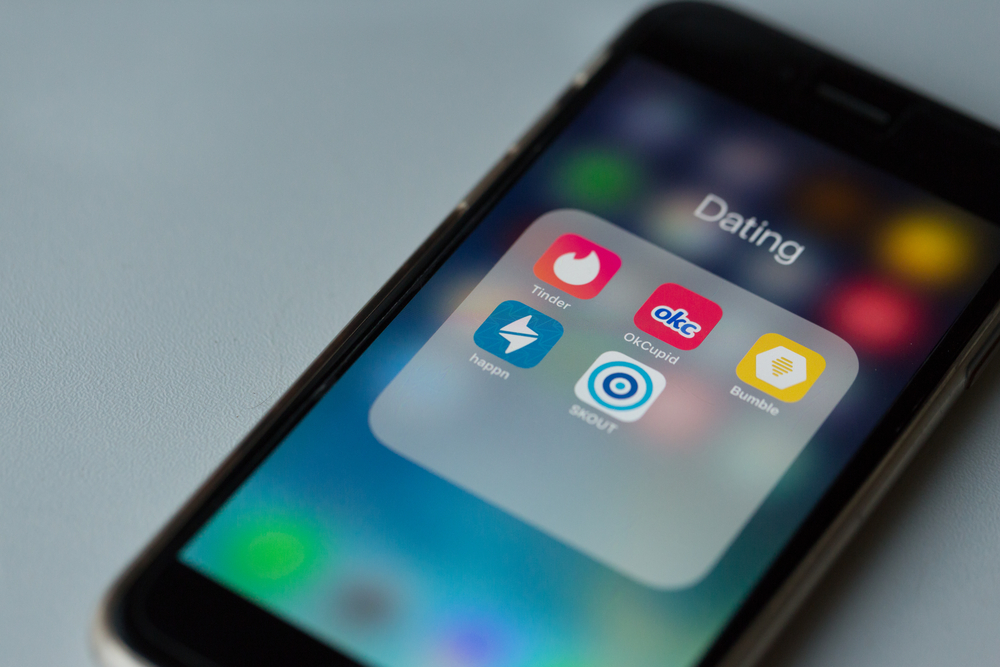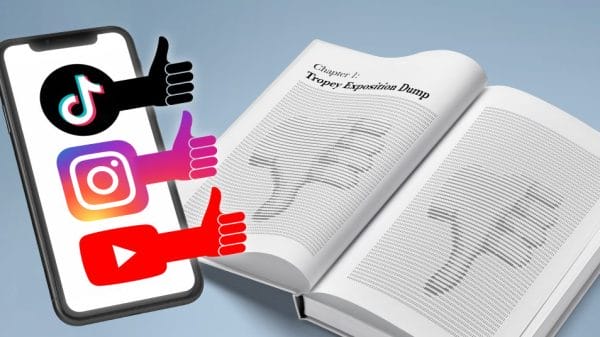Almost everything in this world has some sort of scientific explanation or theory, but when it comes to love and romance, can we use data-driven science to help us make better dating choices?
Arguably one of the most important decisions that people make in their lives is choosing who they want to marry. Marriage is no mean feat, and the consequences of ending a marriage can often be disastrous. But is there a way to avoid ruinous romances by turning to science for an answer?
Well, a few years ago, young, eager, and uber-curious scientist Samantha Joel took on a massive task – she was determined to see if it was possible to predict successful relationships.
Joel gathered data from existing relationship studies – her team ended up including 85 other scientists – to create one of the largest relationship datasets in the world, based on 11,196 heterosexual couples.

Not only was the scale of the dataset impressive, so was the information it contained. For each of the couples, Joel and her fellow researchers measured how happy each partner reported being in their relationship. And this data covered just about anything you could think of.
Some of the data included:
- Demographics (age, race, education, and income)
- Physical Appearance (how attractive was each partner rated)
- Sexual Tastes and Preferences (such as how frequently each partner wanted sex, how “kinky” each partner rated themselves)
- Mental and Physical Health
- Hobbies and Interests
- Values (such as politics, family and friend relationships, child-rearing opinions etc.)
Not only did Joel and her team have more data than anybody else in the same field, they also had better statistical methods, which allowed them to detect subtle patterns in large mounds of data.

Back in October 2019, Joel presented her findings at a talk at the University of Waterloo, Canada, with the straightforward question: “Can we help people pick better romantic partners?”
And after 86 data scientists, 43 studies, and over 10,000 participants, the simple answer to that question is… no. But why is that?
According to Joel, data cannot help us pick better romantic partners because of “how unreliable relationships seem to be”. Joel and her team found that regardless of demographics, preferences, and values, these factors had very little power in determining whether two people were happy in a romantic relationship.
And just like us, AI is just as clueless when it comes to determining whether two people can share a happy life together.

However, there are important some important lessons to take away from Joel’s work.
Though these variables have little power in predicting relationship happiness, they are certainly deemed important when it comes to picking romantic partners.
For instance, many of us seek traits in potential partners that we believe will make us happy within our relationships. And Joel and her coauthors found that the most desirable traits in the dating market do not correlate with romantic happiness, leading us to believe that many people are in fact dating wrong.
This leads us on to our next question – how do people pick a romantic partner?

Over the years researchers have mined online dating sites, combed through datasets behind tens of thousands of swipes, and found out which traits are deemed most romantically desirable.
Now, unlike romantic happiness, the data and findings behind romantic desirability is definitive. In fact, the data has become some precise, that it’s possible to predict (with remarkable accuracy) the time it will take for someone to swipe – people tend to take longer swiping for someone they deem close to their dating acceptability.
But what makes people desirable to others?
First and foremost, conventional attractiveness is the number one predictor of how many messages someone gets, but there’s also a lot more which makes people swipe right:
- Height (predominantly women looking for tall men)
- Race (most people never admit if they only look for a specific race)
- Wealth
- Professions (lawyers and firefighters always do well on dating apps)
- If someone has a “sexy” name (objective of course!)
- Someone just like ourselves (people are 11.3% more likely to swipe for someone with whom they share the same initials)

Although there is almost no correlation between desired traits and romantic happiness, there is some sort of predictive power in certain traits which can help determine whether someone will be happy in their relationship.
For instance, if there is one person named Mark dating someone named Anna, there is a way in which you can predict whether they are happy in their relationship.
You can ask Mark and/or Anna any three questions which can help determine their happiness. But get this – the best questions which can predict either Mark or Anna’s happiness is to ask them questions about themselves rather than each other.
For example:
- “Mark, were you satisfied in life before you met Anna?”
- “Mark, did you ever experience any depressive episodes or feelings before you met Anna?”
- “Mark, did you have a positive effect in both life and relationships before you met Anna?”
According to research, people who answered “yes” to these types of questions are considered significantly more happy in their relationships, which supports the age-old saying “nobody can make you happy until you’re happy with yourself first“.
Now, you may consider that a redundant statement, but research has found that finding one’s happiness outside of a relationship can have an enormous impact on one’s happiness inside a relationship.
But what else can predict romantic happiness?

If we look back to Joel’s dataset, there were eight traits that were the least predictive in determining romantic happiness. Otherwise known as the Irrelevant Eight, these traits have next to no impact on whether someone ends up being happy in their relationship. These traits are:
- Physical Attractiveness
- Height
- Occupation
- Race and Ethnicity
- Religious Affiliation
- Sexual Tastes
- Previous Marital Status
- Similarities to Oneself
What’s most interesting about the Irrelevant Eight is that these are the traits that are deemed most desirable according to Big Data from online dating sites.
So, what we can draw from this article is that we are, in fact, approaching dating in the wrong way. It seems that many of us compete for qualities that do not increase the chances of finding romantic happiness. And that is how we use data science to show us that we need to rethink the way we date.













